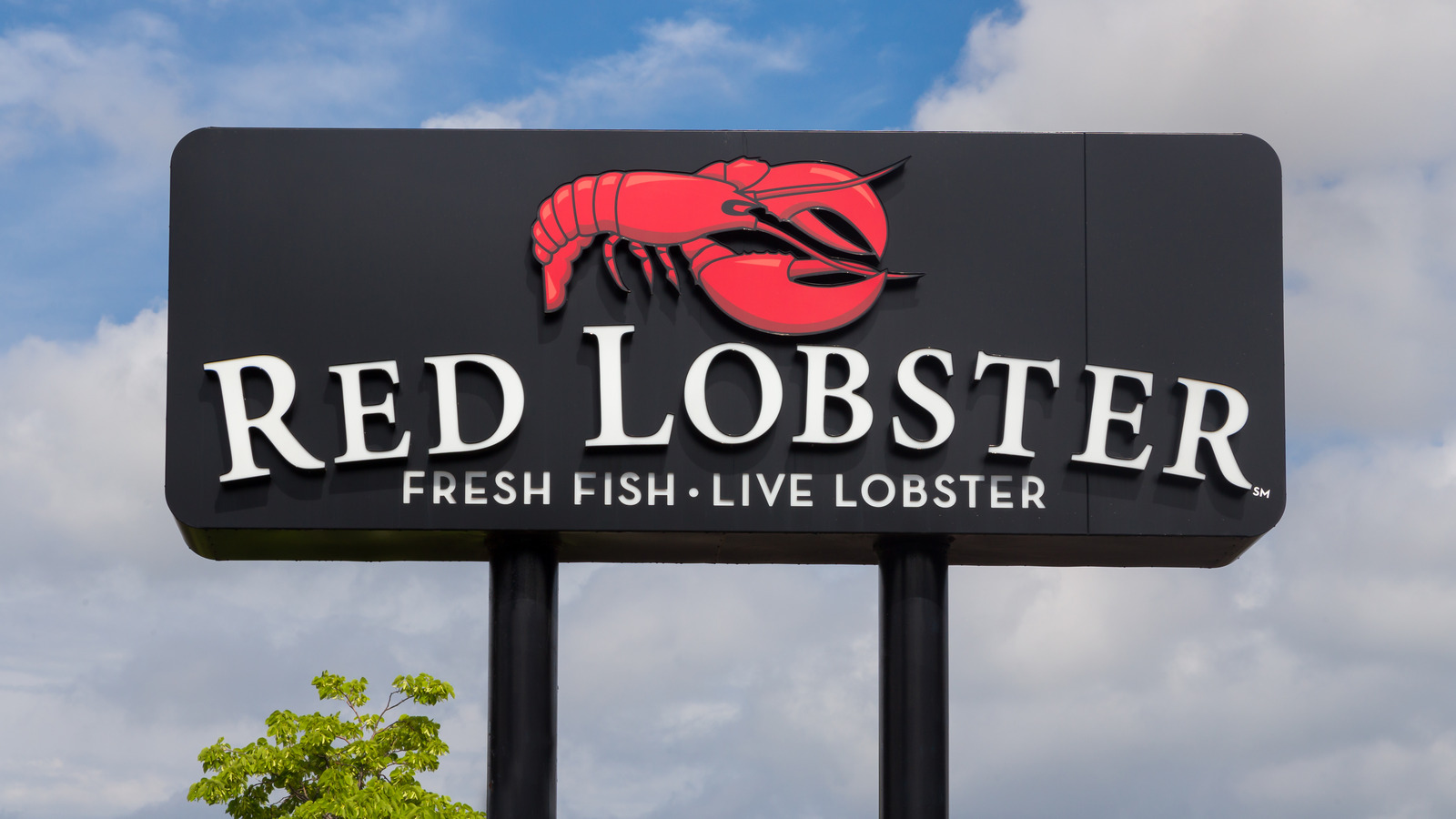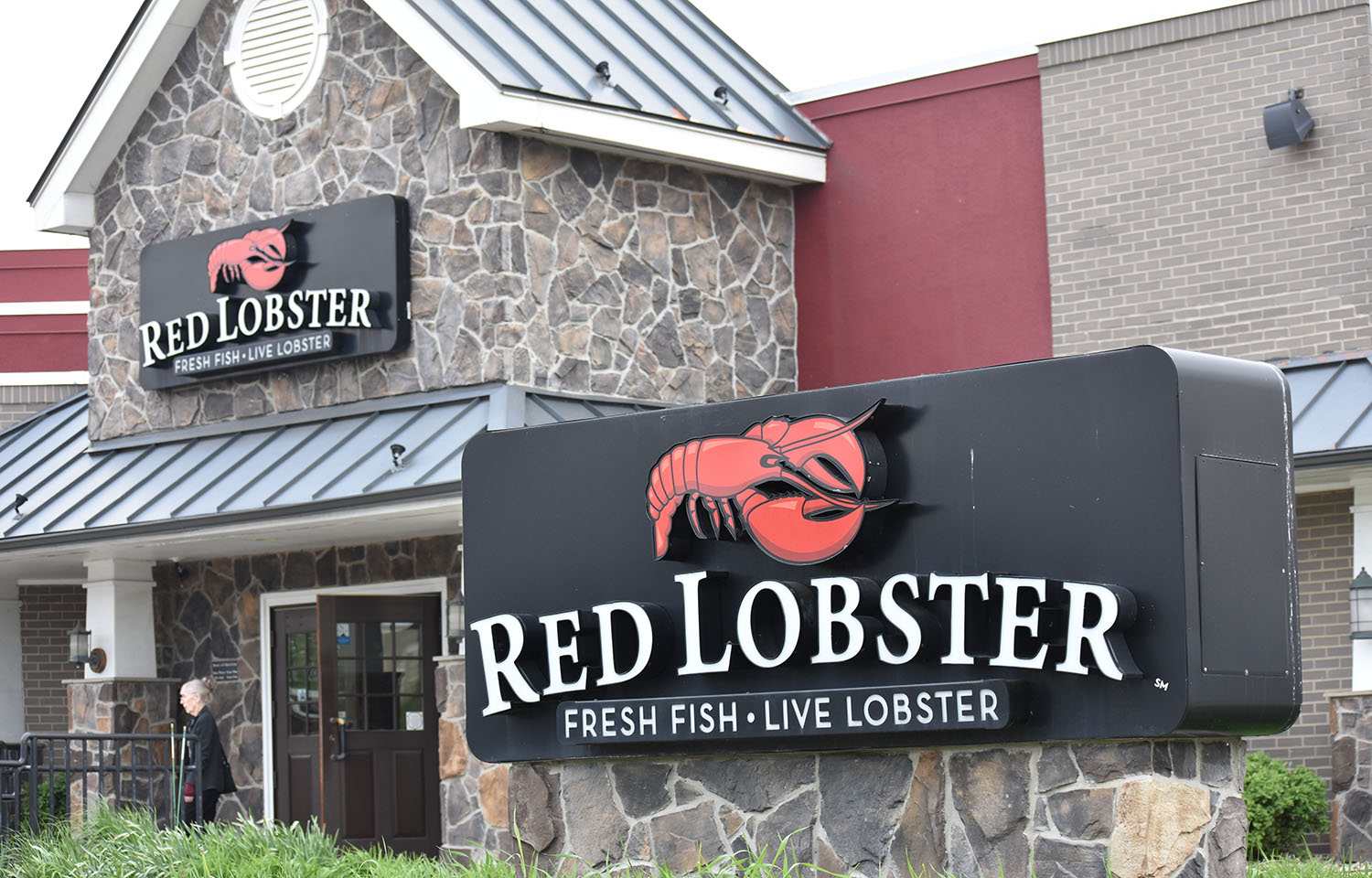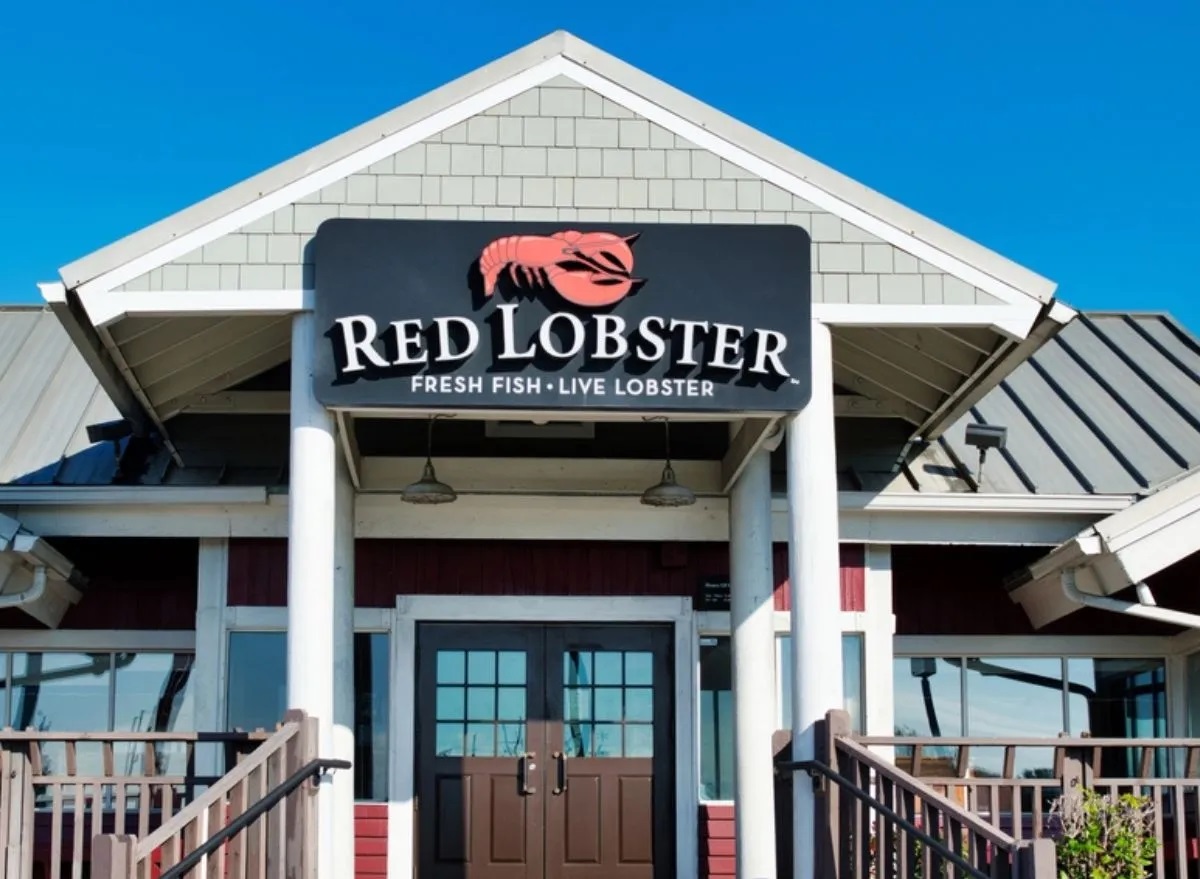Red Lobster, the troubled seafood chain, is actively seeking a buyer in an effort to steer clear of potential bankruptcy proceedings, according to sources familiar with the matter.
While contemplating a bankruptcy filing to restructure its debt and extricate itself from numerous expensive and protracted leases, Red Lobster has also been going through the possibility of a sale over recent months. Despite interest from at least one potential buyer, no agreement has materialized thus far.
The company’s future remains uncertain, with several possible outcomes on the table. Red Lobster could secure a buyer, opt for bankruptcy protection, or see its lenders take control of its operations.
Even if a buyer is found, going through its financial challenges could still necessitate a Chapter 11 bankruptcy filing, especially considering its efforts to exit numerous leases—a task often more feasible within the bankruptcy framework.

Last week, it was initially reported on Red Lobster’s contemplation of a Chapter 11 filing, a move that has yet to be confirmed by the company. Red Lobster declined to comment on the matter.
Amidst ongoing ownership changes, Red Lobster has grappled with mounting debt and extensive lease commitments across its 700-plus locations, posing significant financial strain.
Jonathan Tibus, recently appointed as Red Lobster’s CEO following a series of executive departures, brings with him considerable expertise in restructuring struggling restaurant chains.
However, the challenges facing Red Lobster, a larger entity than those he has previously worked with, are formidable. Tibus was unavailable for comment at the time of reporting.
Red Lobster’s trajectory over the past decade has been marked by ownership shifts, including its acquisition by private equity firm Golden Gate Capital in a $2.1 billion deal following pressure from investors urging parent company Darden Restaurants to divest.
Thai Union Group, a seafood supplier and longtime Red Lobster vendor, acquired a minority stake in 2016 and later bought out Golden Gate’s remaining interest in 2020.

Despite avoiding bankruptcy during the pandemic, Red Lobster has grappled with leadership turnover, with multiple CEOs exiting the company in quick succession.
The broader casual-dining sector, already facing headwinds due to competition from fast-casual chains, has been further challenged by the pandemic, particularly impacting full-service restaurants like Red Lobster.
In addition to external pressures, Red Lobster has contended with internal challenges, including the fallout from its “endless shrimp” promotion, which strained profitability due to heightened demand for discounted offerings.
In light of these difficulties, Thai Union Group announced its intention to divest its stake in Red Lobster earlier this year, signaling further uncertainty for the embattled chain.







Leave a Reply